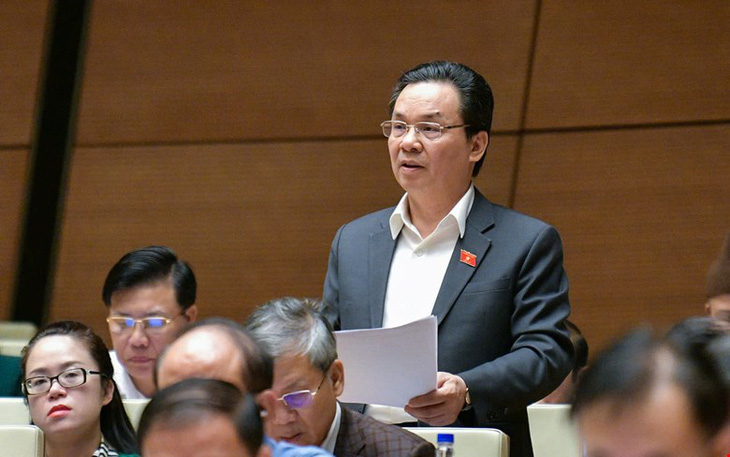
Delegate Hoang Van Cuong - Photo: GIA HAN
National Assembly delegate Hoang Van Cuong ( Hanoi ) commented on this when speaking at the discussion hall on the implementation of the state budget in 2024, the state budget estimate, and the central budget allocation plan for 2025, on the morning of November 5. Hospitals and schools worry about loan interest increasing service fees.
Mr. Cuong assessed that the total budget for development investment has increased in recent times and focused on investing in many key national projects. Public investment has closely followed strategic breakthrough goals.
However, according to Mr. Cuong, among the strategic breakthrough factors, the high-quality human resource factor, the human factor, is considered the decisive breakthrough for success but has not received due attention.
Typical examples of education investment to develop intelligence and health investment to ensure vitality seem to be obscured in public investment data. According to statistics in 2024, of the total investment capital of 120,000 billion VND, the Ministry of Health was allocated 1.2 trillion VND, accounting for 1%; the Ministry of Education and Training was allocated 1.5 trillion VND, accounting for 1.2%.
It is expected that in 2025, of the total investment budget of VND 148,000 billion, the Ministry of Health will be allocated VND 5.7 trillion, accounting for 3.6%; the Ministry of Education and Training will be allocated VND 2.9 trillion, accounting for 1.9%. In the projects to allocate budget reserves for the period 2021-2025, and increase revenue in 2022 by about VND 50,000 billion, both sectors are not listed in the investment programs.
“With such a low capital allocation, of course, hospitals under the Ministry of Health and universities under the Ministry of Education and Training will not have investment capital for development. We talk a lot about hospitals and universities having to promote autonomy, but we only force these units to be autonomous without investing in facilities. What will be the consequences?” Mr. Cuong asked.
The Hanoi delegation cited that he recently visited two autonomous hospitals, the Phu Tho General Hospital and the Phu Tho Province Maternity and Pediatrics Hospital, and was surprised because the hospitals were as beautiful as 5-star hotels.
Inside the examination area, treatment area, and entertainment area are as spacious as a luxury international hospital. The hospital has implemented autonomy, patients enjoying such care conditions are truly luckier than those in central hospitals in Hanoi.
It is worth mentioning that the hospital leaders do not worry about technology, purchasing medicine and medical equipment, but worry about how to pay the 11% interest rate on the loan to build the hospital. If only calculating depreciation of investment and regular expenses, the hospital does not worry about the cost and medical services, but now adding the principal of the loan and bank interest, the service costs have really increased, and patients cannot afford it.
According to Mr. Cuong: “This is unreasonable because patients not only have to pay for medical services but also pay bank interest. This is also the reason why large central hospitals do not dare to accept autonomy, because accepting autonomy in service costs adds an incorrect expense in the composition of medical service prices.”
Increase the ratio of capital allocation for investment in health and education
Mr. Cuong said that the situation is similar to that of autonomous universities. If schools have to borrow money to invest in construction, training costs will certainly increase significantly. This is also the reason why delegates have the opinion that autonomous universities currently have very high tuition fees because those costs have included the basic investment loan and interest on the loan.
Citing China's lessons from 1998, for three consecutive years, the Chinese government invested 1.8 billion yuan (about 6,000 billion VND) each year in Peking and Tsinghua Universities. From 2000 onwards, it expanded to many schools. This is the reason why these universities quickly rose to become top international schools in a very short time.
From there, the delegate commented: "If we implement the autonomy mechanism and let schools and hospitals take care of themselves and pay for themselves, it is no different than implementing market autonomy, no longer oriented towards socialism."
Mr. Cuong proposed to increase the allocation of development investment capital in the state budget for the two sectors of health and education to at least be enough to invest in initial facilities. After the investment is completed, these schools should be given autonomy to calculate depreciation, reinvest and take care of themselves regularly. Then these facilities can take care of themselves and patients will not have to pay high service fees.
“I know that if we focus on spending 5% of the budget on health and education for 5-10 years, we will have a modern, spacious university education system and hospitals. At that time, the beneficiaries will be the people and the students.
Knowing that spending on any field is important, but adjusting a little for education and healthcare, millions of students and tens of millions of patients will enjoy good quality, reasonable costs, comprehensive development of high-quality human resources, will be the driving force for sustainable national development.
Tuoitre.vn
Source: https://tuoitre.vn/dai-bieu-quoc-hoi-benh-vien-xay-nhu-khach-san-5-sao-dan-ganh-vien-phi-cao-20241105102129892.htm













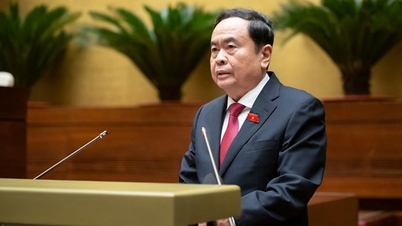
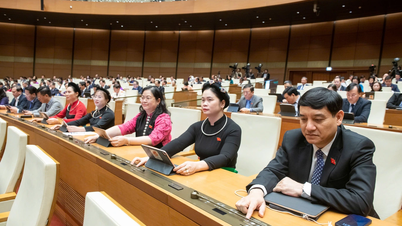

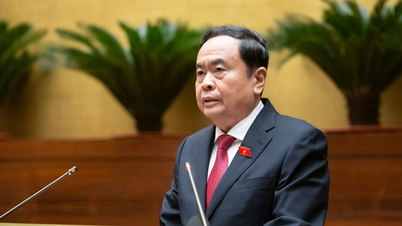


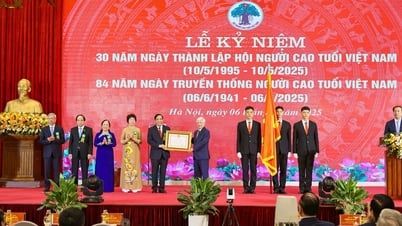

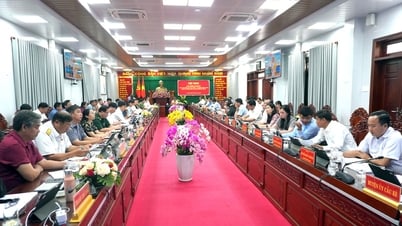
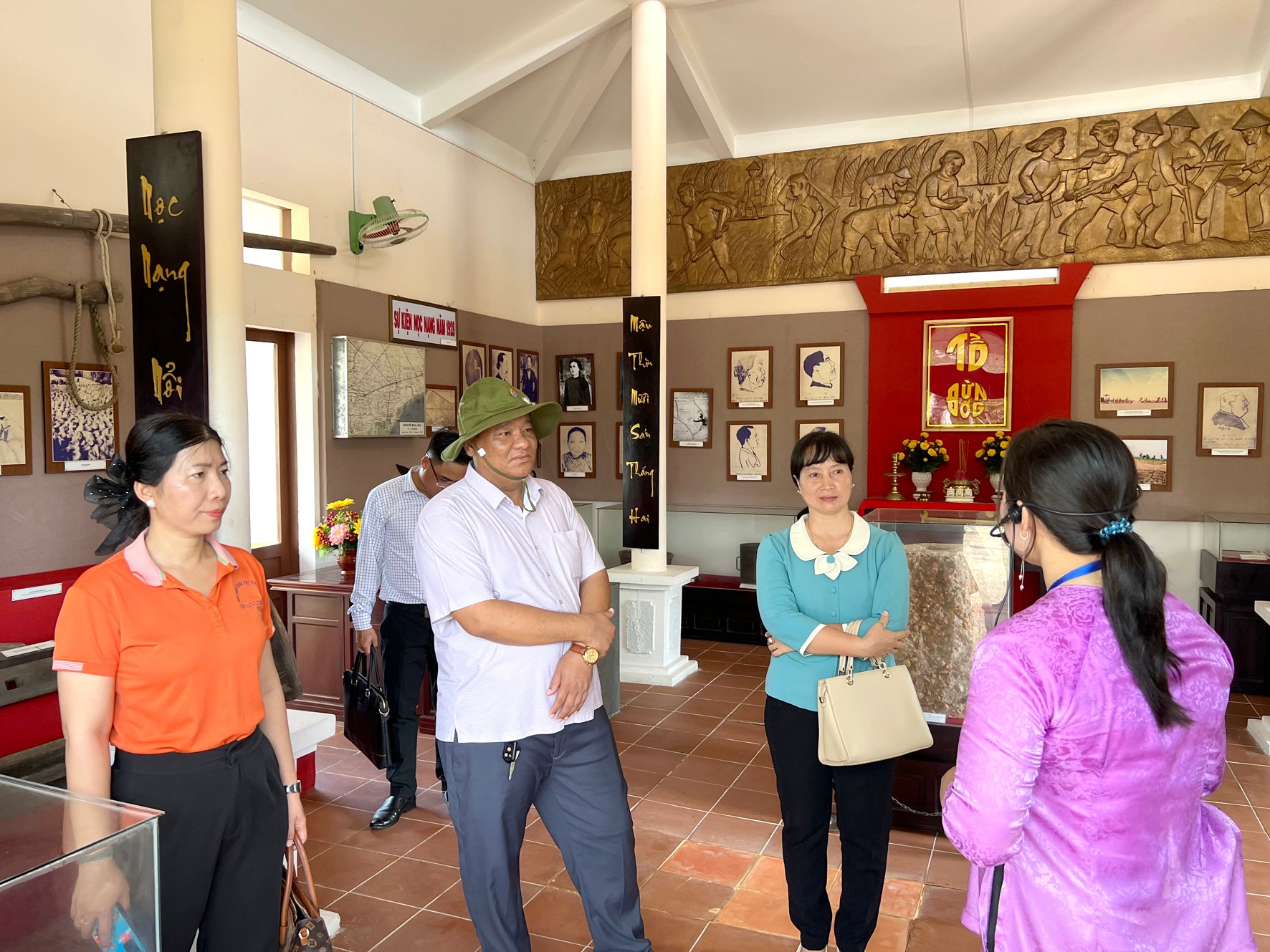












![[Photo] General Secretary To Lam receives Korean Ambassador to Vietnam](https://vphoto.vietnam.vn/thumb/1200x675/vietnam/resource/IMAGE/2025/6/6/a0765b7543784cbcbfe4755b67d43ab4)

![[Photo] President Luong Cuong works with Hung Yen and Thai Binh Provincial Party Committees on implementing Resolution of the 11th Central Conference, 13th tenure](https://vphoto.vietnam.vn/thumb/1200x675/vietnam/resource/IMAGE/2025/6/6/127b735d2761484d81dcee0d7725a25b)























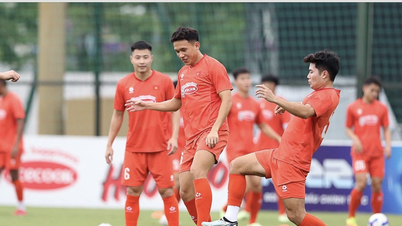
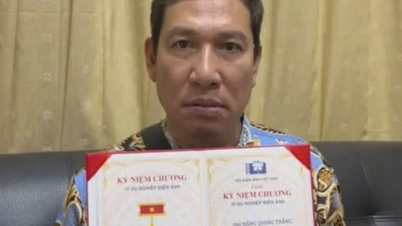


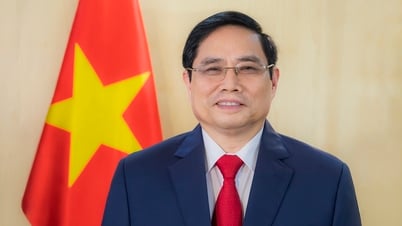












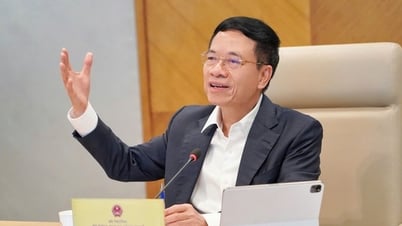


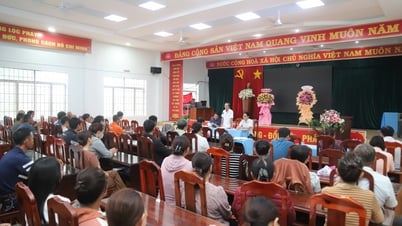










![[OCOP REVIEW] Tu Duyen Syrup - The essence of herbs from the mountains and forests of Nhu Thanh](https://vphoto.vietnam.vn/thumb/402x226/vietnam/resource/IMAGE/2025/6/5/58ca32fce4ec44039e444fbfae7e75ec)







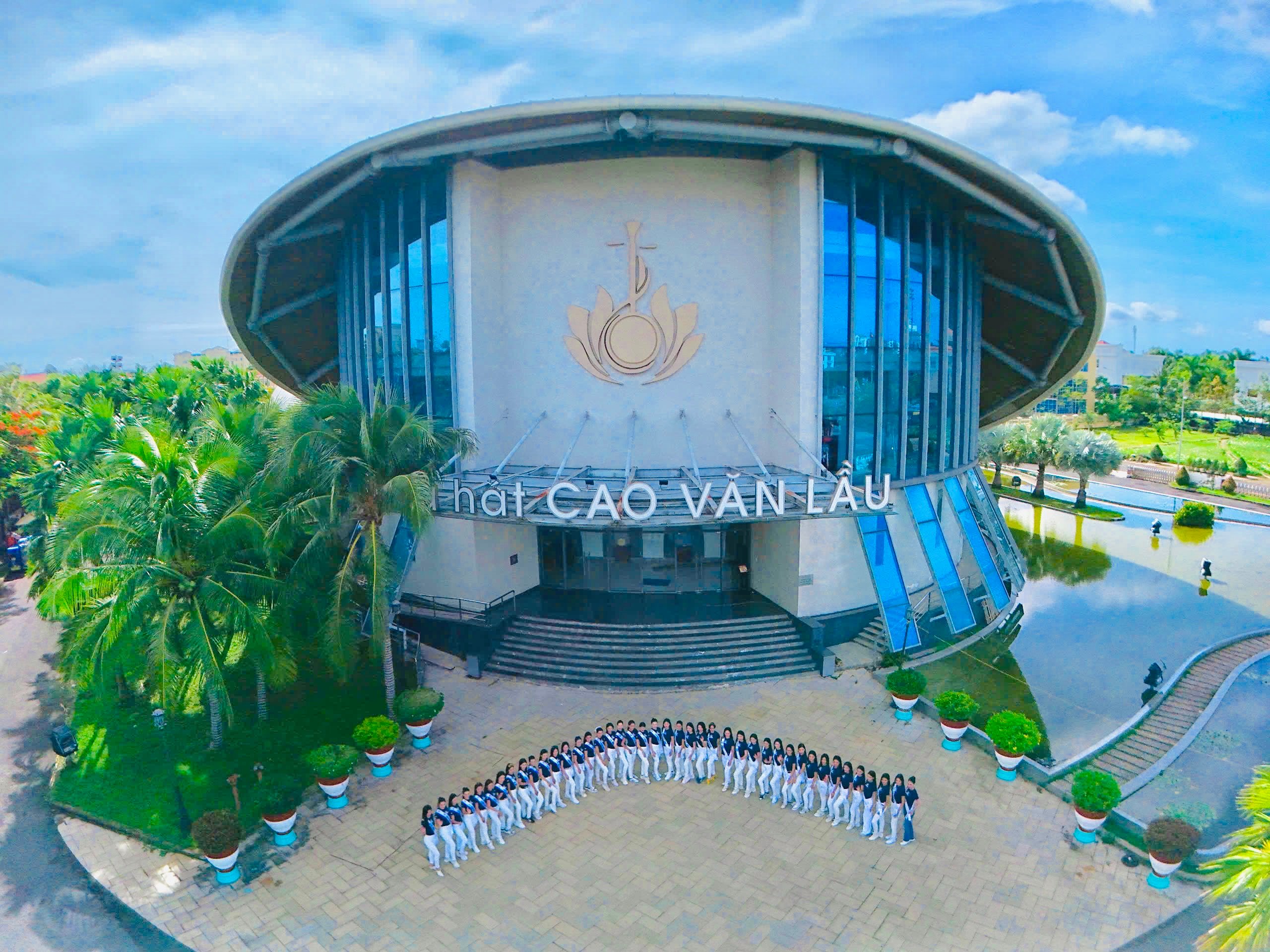
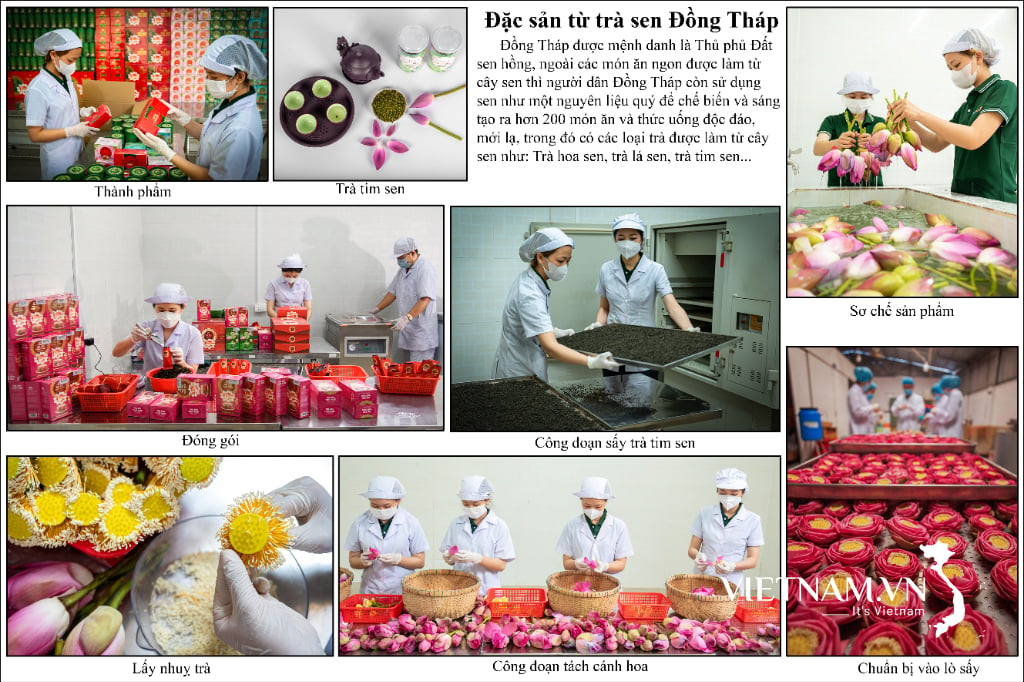


Comment (0)